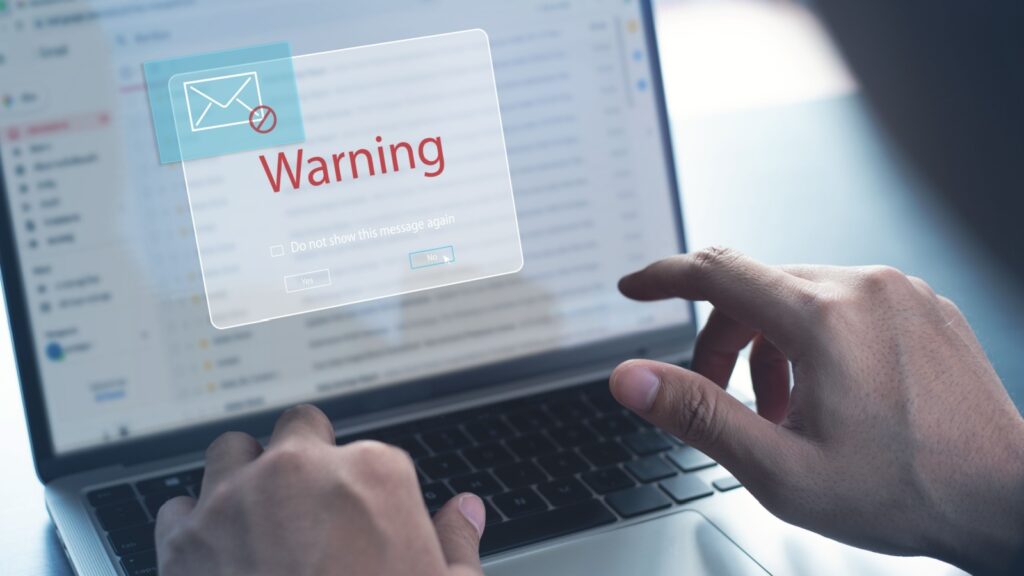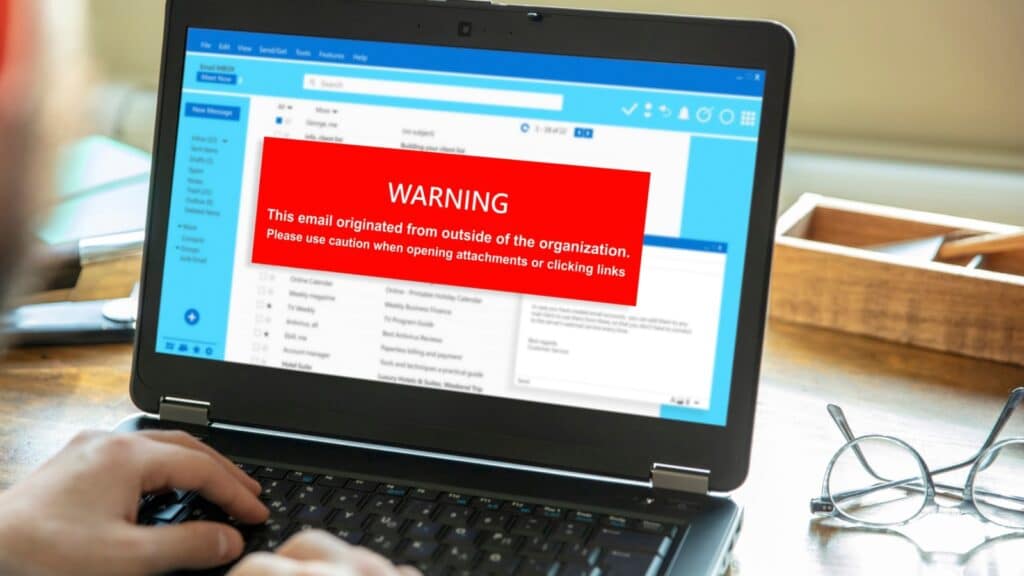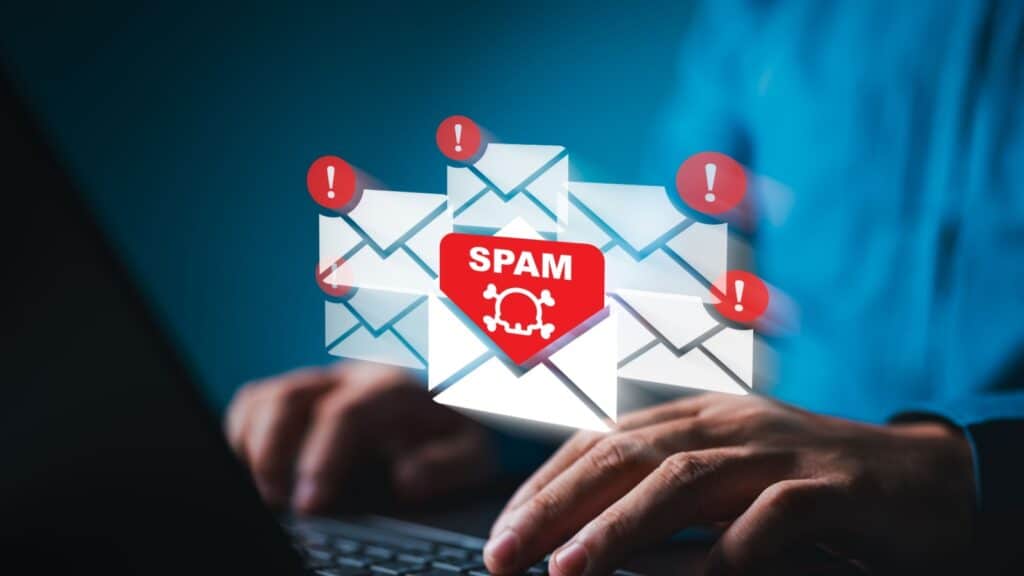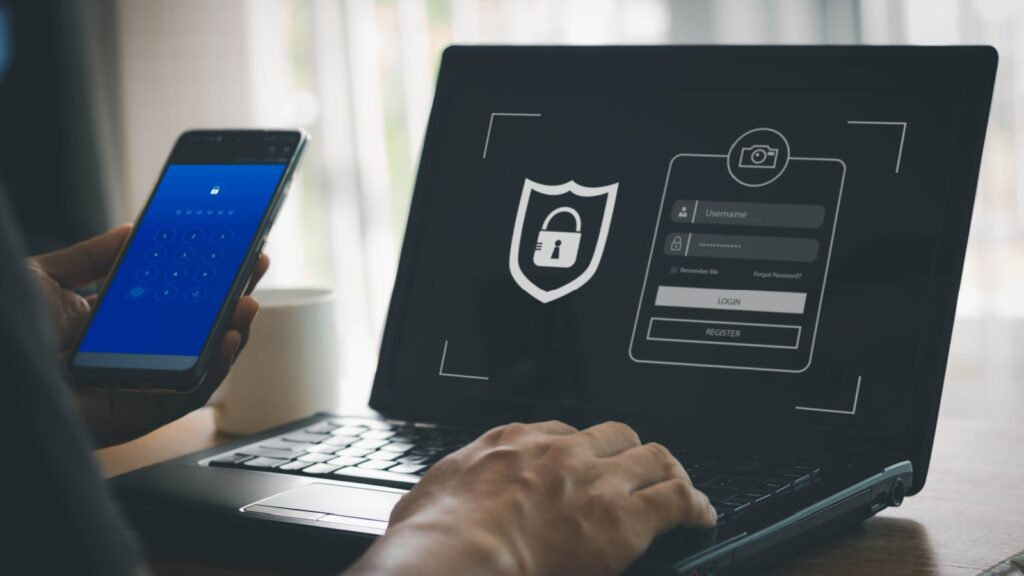Scammers have gotten slick. They’re no longer sending those obvious “Nigerian prince” emails – now they’re polished, professional, and downright convincing, with subject lines that could trick both your grandma and your boss. But here’s the tea: every scam email leaves clues – little red flags that scream don’t click that link! Miss them, and one wrong click could mean poof, your money’s gone. Here are some tips for identifying scam emails before you click!
Too Good to Be True “Rewards”

“Congratulations! You won a $500 Walmart gift card.” Oh yeah? You didn’t even enter the contest. Unless you believe random strangers are just giving out free money, this is a scam. Scammers play on your greed and curiosity. Tip: If you did not sign up for it, it’s not yours.
The “Urgent” Subject Line Trick

If an email yells URGENT! FINAL NOTICE! that’s your second red flag. Scammers prefer scaring you because panic causes you to click in desperation. Banks and legitimate companies do not yell at you in caps. If your blood pressure rises even before you can open the email, step back.
The Threatening Tone

“We’re going to suspend your account if you don’t respond immediately!” Oh, give it a rest, Tony Soprano. Respected businesses don’t intimidate people through email. They use polite emails and formal messages over secure media. Threat emails are merely scam psychology that bullies you into mindless clicking. Don’t take the bait.
Sketchy Sender Names That Will Deceive You Almost

Scammers realize you check out the “From” line, so they try to get sly: they’ll replace an l with an i or insert a random dash. Amaz0n-support.com is not Amazon. It’s a spammer who has far too much free time on his hands. Always inspect the sender’s details – if it’s just plain nonsense rather than a nice address, it’s faker than a fake designer handbag.
Suspicious Links That Hide Behind Text

Roll over that “Click Here” link. Examine the URL. Does it say paypal.com.scam.ru? Yeah, quietly back away. Scammers are extremely smart about putting a spoof link behind. Rule of thumb: if the link isn’t written out exactly how the company name is spelled, don’t click.
Suspicious Attachments

Spammers love to send you “invoices,” “receipts,” or “shipping labels” as attachments. Click on one, and you have malware on your hard drive. If you did not request a file from someone, do not open it.
Generic Greetings That Feel Cold

Ever get an email from your “bank” that starts with Dearest Valued Customer? Yeah, no. Legit companies address you by name because, hello, you’re their customer with an account. Spammers address you with generic names because they’re emailing the same garbage to thousands of people. If they can’t be bothered to customize it with your name, they don’t deserve a click.
Fake Company Logos That Look… Off

Naturally, there is a logo – but it’s all fuzzy, pixelated, or like they simply copied it from Google Images 2007. Real companies don’t send out emails with blurry logos and fonts that don’t match. If it looks like a suspicious DIY job, then it is not your real bank.
Requests for Personal Information

No legitimate company will ever solicit your password, PIN, or Social Security number by email. That’s the same as a stranger on the street requesting your house keys “to check them.” Delete it.
Random Emails from “Celebrities”

If Jeff Bezos reached out and emailed you directly and asked for your help in moving money, it is not Jeff. It is some basement dweller. Celebrities and CEOs don’t cold email someone they’ve never met before and ask for a favor. Don’t be flattered – get suspicious.
Weird Grammar That Screams “Not Native”

Scam emails usually read like they were written by someone who has freshly learned English through bad movie subtitles. Phrases such as “Your account has being suspended, click here fastly to regain” are a tip-off. Legitimate companies hire proofreaders. Scammers? Not so much. If the email sounds off, trust your gut.
Asking for Information They Already Have

Your bank does not ask you to confirm your account number by email. They already have your money – and your details. Scammers abuse trust when they ask for things such as your Social Security number, passwords, or card details. If an email asks for personal details, it’s not security verification – it’s identity theft.
Emails That Appear at Unusual Times

Why would your “bank” call you at 3 AM? Authorized companies call you during business hours. Scammers don’t know anything about time zones. If timing appears out of the blue, verify before you click.
No Contact Info, No Credibility

Real companies want you to call them if you need to. So they put phone numbers, addresses, and help links on each email. Scammers? They provide you… nothing. If your only choice in the email is one big fat “Click Here” button and no other information, delete it.
Emojis in Serious Emails

“We need to verify your banking information [Money Emoji] – excuse me? Legitimate businesses would not be sending notifications that resemble popular TikTok headlines. If an email contains emojis and is otherwise serious, then it is a scam. Scammers put them there so you’ll pay attention because shiny gets attention.
15 Things Every Kid Knew How to Do Before the Internet

These weren’t things you downloaded. These were learned at the cost of boredom, creativity, and maybe some near-death experiences. Here are 15 things every child knew how to do before the internet, with no Wi-Fi and zero “Ask AI.”
15 Things Every Kid Knew How to Do Before the Internet
18 Signs Your Dream Job Is Actually a Toxic Trap

From shady bosses to stress that borders on mental meltdown, toxic work cultures present themselves as so-called golden opportunities. Before you gaslight yourself into sticking around, take a look at these warning signals that shout RUN.
18 Signs Your Dream Job Is Actually a Toxic Trap

